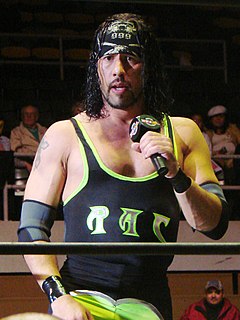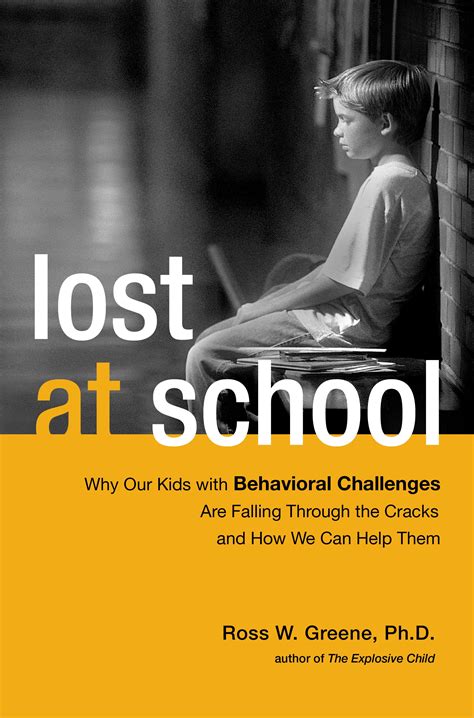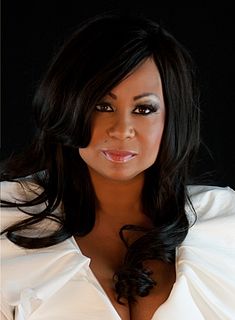A Quote by Meg Cabot
I usually know almost exactly how I feel. The problem is, I just can't tell anyone.
Related Quotes
The deeper reality is that I’m not sure if what I do is real. I usually believe that I’m certain about how I feel, but that seems naive. How do we know how we feel?…There is almost certainly a constructed schism between (a) how I feel, and (b) how I think I feel. There’s probably a third level, too—how I want to think I feel.
The voiceover thing is very selfless. You go in there and they've hired you for your voice, but they know exactly what they want, and the writer's there and he knows exactly how it's supposed to be said. So you can't really argue with them, you just have to let them tell you what to do and then do it.
I don't know exactly what a prayer is. I do know how to pay attention, how to fall down into the grass, how to kneel down in the grass, how to be idle and blessed, how to stroll through the fields, which is what I have been doing all day. Tell me, what else should I have done? Doesn't everything die at last, and too soon? Tell me, what is it you plan to do with your one wild and precious life?
A lot of parents aren't exactly sure how to go about solving a problem with a kid in a way that's mutually satisfactory - doing that with their child feels very foreign to a lot of people. It probably explains why so many parents tell me their kids don't listen to them and why so many kids tell me that they don't feel heard.






































